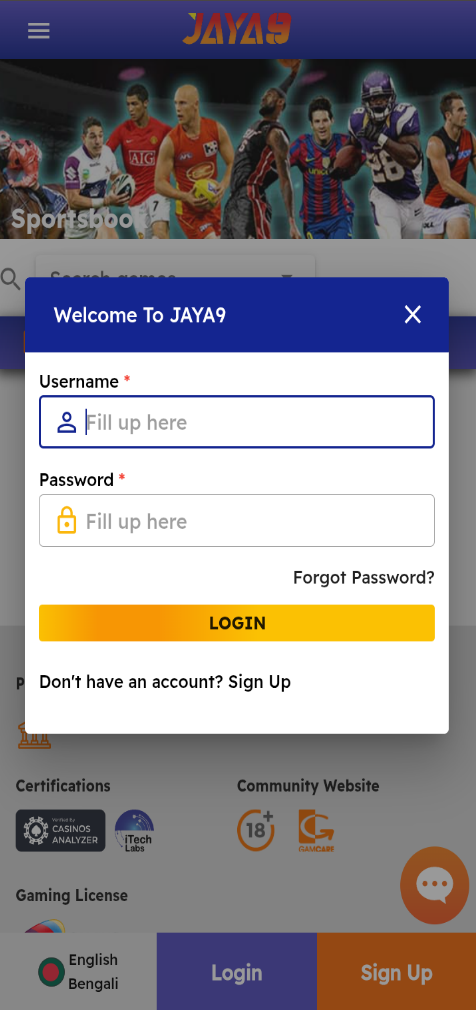
Can You Get Arrested for Unlawful Activities?
Understanding the legal system is crucial for everyone. This article delves into various unlawful activities and discusses the potential for arrest associated with them. Additionally, we include different aspects of law and penalties involved. For instance, consider visiting Can You Get Arrested for Betting in Bangladesh? joya9 Bangladesh for more insights.
Understanding Arrests
An arrest occurs when a law enforcement officer takes a person into custody, typically for suspected criminal activity. Not every act that is unlawful results in an arrest, but many do. Understanding the criteria under which arrests can be made is essential to stride safely within any legal framework.
Common Reasons for Arrest
Arrests can occur for a multitude of reasons, including but not limited to:
- Theft: Stealing someone else’s property can lead to a felony or misdemeanor charge depending on the value of the item taken.
- Assault: Physical violence or threats can lead to serious consequences, including arrest, depending on jurisdiction laws.
- Drug Offenses: Possession, distribution, or manufacturing drugs can result in significant legal repercussions leading to arrest.
- DUI: Operating a vehicle under the influence of alcohol or drugs can lead to immediate arrest.
- Domestic Violence: Many jurisdictions enforce strict laws concerning violence in domestic situations, often resulting in immediate arrest.
Misdemeanors vs. Felonies

When considering if an arrest can occur, it is essential to differentiate between misdemeanors and felonies. Misdemeanors are less severe offenses that often result in lighter penalties, such as fines or short imprisonment. Conversely, felonies are severe violations, potentially leading to significant prison time.
Legal Definitions
Legal terminology plays a critical role in understanding arrests and charges. For example, “probable cause” refers to the reason for arrest based on evidence, while “reasonable suspicion” pertains to the belief that a person may be involved in criminal activity. Arrests can only be made when one of these conditions is met.
Investigative Detention vs. Arrest
It’s important to understand the difference between investigative detention and an arrest. Law enforcement officers can temporarily detain someone if they suspect criminal activity. However, if they officially arrest the person, that individual has the right to an attorney and should not be questioned without legal representation.
What are Your Rights?
If you are arrested, you have specific rights that protect you:
- Right to Remain Silent: Anything you say can be used against you; thus, you may choose to remain silent.
- Right to an Attorney: You can request legal representation at any time during an arrest.
- Right to be Informed: You must be informed about the charges against you when arrested.
Frequently Asked Questions
Here are some common queries regarding arrests:

Can You Get Arrested for Telling a Lie?
While simply telling a lie is not a criminal act, providing false information to law enforcement, known as obstruction of justice, can lead to arrest.
Can You Be Arrested for Being in a Certain Place?
Yes, if a location is designated as off-limits due to a restraining order or while involved in unlawful activities, presence in that area can result in arrest.
Can You Get Arrested for Speaking Out?
Freedom of speech allows for open expression; however, hate speech or threats can lead to legal consequences and potential arrest.
Can Police Arrest You Without Warrant?
Yes, police can arrest someone without a warrant if they witness a crime being committed or if there is probable cause to believe that a person has committed a crime.
Conclusion
In conclusion, understanding the intricacies of law and the potential for arrest helps individuals navigate situations safely. Awareness of rights and legal definitions is paramount. Always consult a legal professional if unsure about particular laws or if facing legal challenges. Knowledge can empower you to make informed decisions and safeguard your rights.
Tinggalkan Balasan